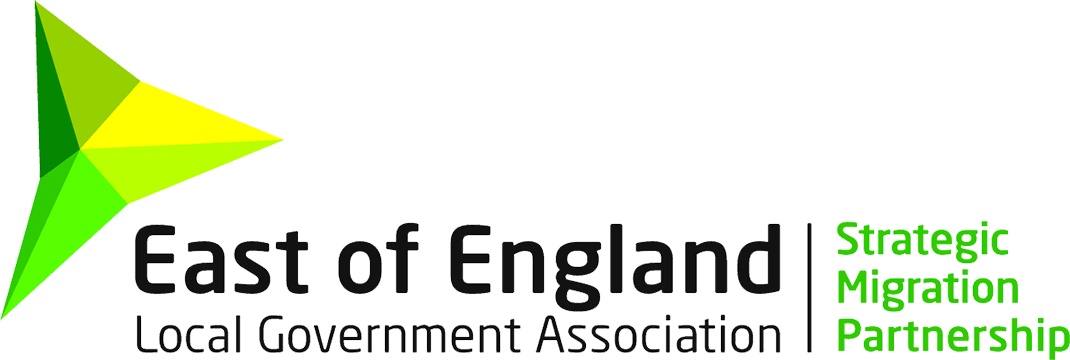Refugee doctors speak of huge challenges joining NHS
Refugee doctors have shared the huge challenges they face getting a job in the NHS at a conference held by the region’s Strategic Migration Partnership (SMP).
The event, at Anglia Ruskin University’s Chelmsford Campus, saw a variety of speakers take to the stage discussing how to break down the barriers for refugee medical professionals to work in the UK.
Among the speakers was Dr Abdul Sami Yousafzai, an orthopaedic surgeon from Afghanistan, and Dr Nouran Hawa from Syria, who spoke passionately about the difficulties they and other medics have faced.
Dr Sami said the process of passing the very high standards of English language tests required to join the NHS often mean medics lose their medical skills in that time through sheer lack of practice.
“I have the same hand,” he said, “the only difference is the language.
“To be a medic you have to sacrifice your life – not for money, for people.
“I want to help people and share my experience in this country but by the time you acquire the language, you are losing your skills.”
Other speakers included Dr Stephen Nickless, from the Refugee Council, Dionne Saxon, Assistant Director of Medical Work Force at the East Suffolk and North Essex NHS Foundation, Claire Seed, Head of AMIF UK Responsible Authority and Chris Moore, Managing Director of Specialist Language Courses.
Dr Sanjiv Ahluwalia, Head of Anglia Ruskin University’s School of Medicine also spoke at the conference.
He said: “This is not all about refugee doctors, we must remember we have an even bigger crisis when we think about refugee nurses. They also struggle getting into areas of professional work.
“But it’s never about the money for them, it’s about the esteem.”
He added the moment a medic puts back on their white coat or scrubs, they feel themselves and a part of the medical family once again.
“They feel they are back among their people,” he said.
Louise Gooch, who manages the SMP’s Wellbeing and Work for Refugee Integration (WW4RI) project said there’s a huge untapped resource of medical professionals the NHS could, and should, be making use of.
She said: “It is frustrating when you hear of the NHS’s desperate need for more medical staff, and the long waiting lists for treatment, when we have many hugely qualified refugee medical professionals in the UK who can help.
“But most of all, I feel for the refugees themselves, who have spent a lifetime training in the medical field and just want an opportunity to work and use their skills.”
For more on the WW4RI project, visit https://smp.eelga.gov.uk/refugees/well-being-and-work-for-refugee-integration-project

